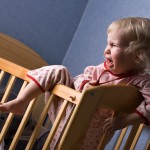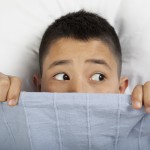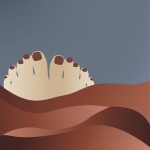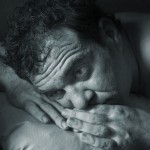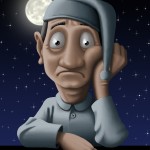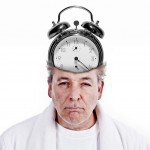A sleep disorder, or somnipathy, is a medical disorder of the sleep patterns of a person or animal. Some sleep disorders are serious enough to interfere with normal physical, mental and emotional functioning. A test commonly ordered for some sleep disorders is the polysomnography. Disruptions in sleep can be caused by a variety of issues, from teeth grinding (bruxism) to night terrors. When a person suffers from difficulty in sleeping with no obvious cause, it is referred to as insomnia. In addition, sleep disorders may also cause sufferers to sleep excessively, a condition known as hypersomnia. Management of sleep disturbances that are secondary to mental, medical, or substance abuse disorders should focus on the underlying conditions.
ADHD and the importance of healthy sleep
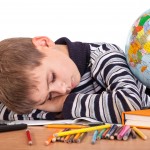
Good sleep is a crucial part of our physical and mental well-being. We typically spend about a third of our lives asleep but when we miss out on sleep, we can feel fatigued and struggle to concentrate. Sleep problems are generally quite common and have been reported as one of the most common health conditions [read the full story…]



